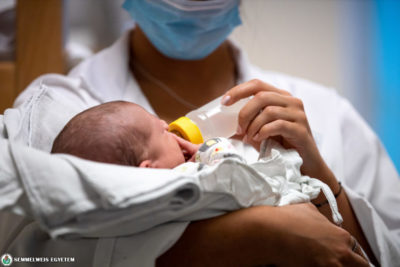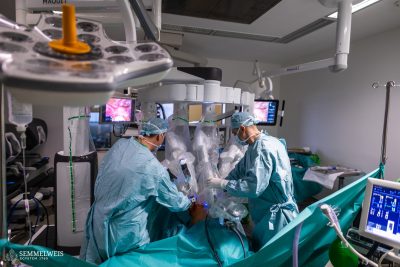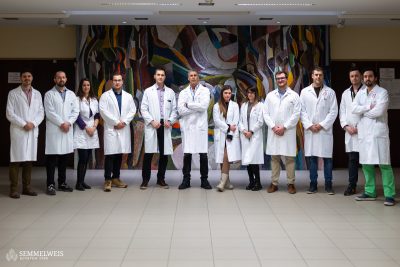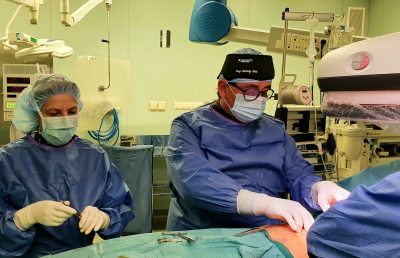Attitudes towards breastfeeding are one of the main influencing factors of feeding choice and breastfeeding duration. The Iowa Infant Feeding Attitude Scale (IIFAS) developed by De La More consists of 17 items and can be utilized to measure maternal attitudes toward infant feeding methods.
“We created a Hungarian version of the original scale and did a reliability analysis based on a cross-sectional study conducted on a pool of 553 mothers”, pointed out Renáta Wirthné Ungváry, lactation consultant of the Institute of Mental Health at Semmelweis University.
 The exploratory and confirmatory factor analyses have found different factor numbers in different cultures. One possible explanation is that differences in factor structure may be based on the different perception and attitudes towards breastfeeding. Although breastfeeding is a global, female experience worldwide, there are many differences in details and attitudes between cultures and nations. Some items of the scale were found to measure not attitudes but rather knowledge or beliefs about infant feeding. These items have different values because of their low corrected item total correlation (CITC).
The exploratory and confirmatory factor analyses have found different factor numbers in different cultures. One possible explanation is that differences in factor structure may be based on the different perception and attitudes towards breastfeeding. Although breastfeeding is a global, female experience worldwide, there are many differences in details and attitudes between cultures and nations. Some items of the scale were found to measure not attitudes but rather knowledge or beliefs about infant feeding. These items have different values because of their low corrected item total correlation (CITC).
“We decided to omit the different CITC valued items and created a shortened, 8-item Hungarian version with good psychometric properties. The Hungarian version proved to be a good measurement tool, which is more suitable to differentiate between mothers in favor of formula-feeding and mothers in favor of breast feeding. The Hungarian adaptation of the IIFAS helps targeted, attitude-forming interventions among mothers who would otherwise choose to formula-feeding. The results of our study show that there was indeed a correlation between the score and the feeding method chosen or used”, summarized Renáta Wirthné Ungváry.
Psychometric properties of the original and short Hungarian version of the Iowa infant feeding attitude scale
Renata Ungváry (Faculty of Health and Public Administration, Institute of Mental Health, Semmelweis University), Andras Ittzés (Faculty of Health and Public Administration, Institute of Mental Health, Semmelweis University; Department of Applied Statistics, Institute of Mathematics and Basic Science, Hungarian University of Agriculture and Life Sciences; Department of Methodology for Business Analysis, Faculty of Commerce, Hospitality and Tourism, Budapest Business School), Veronika Bóné (Faculty of Health and Public Administration, Institute of Mental Health, Semmelweis University), Szabolcs Török (Faculty of Health and Public Administration, Institute of Mental Health, Semmelweis University) International Breastfeeding Journal (2021), 16(1), 54. doi:10.1186/s13006-021-00403-2


